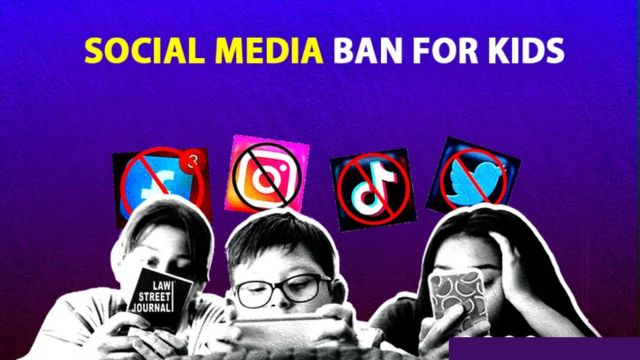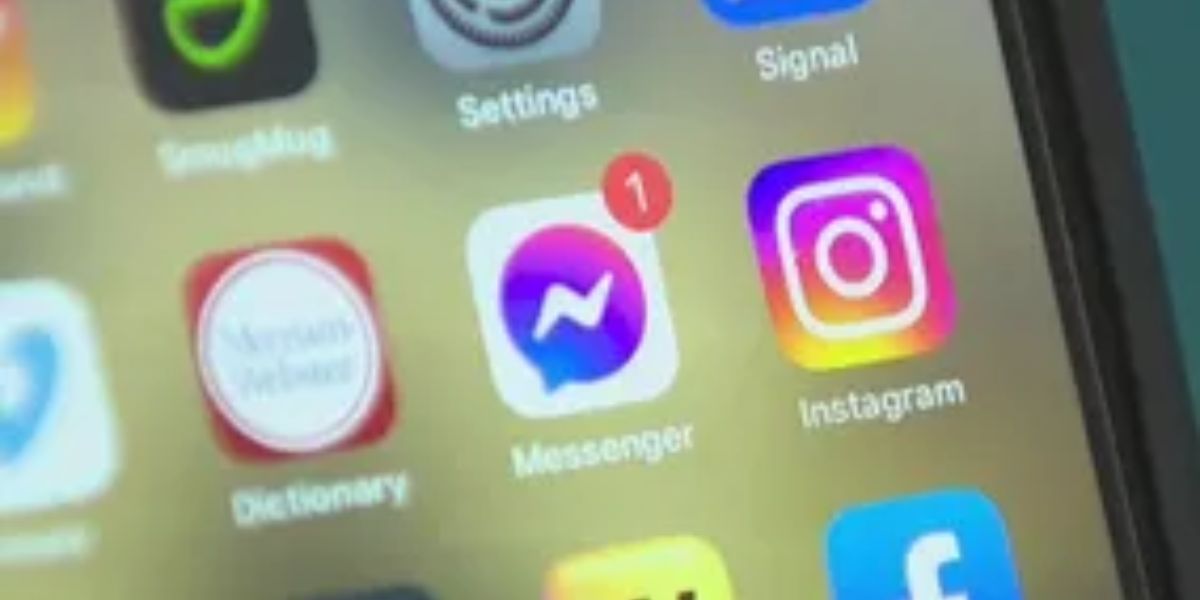Tampa, Florida –
Some Floridians will be severely punished by a new legislation that bans them from using social media altogether. Many are questioning how this will be put into practice.
In March, Governor Ron DeSantis signed legislation that effectively bans children under the age of thirteen from using social media accounts in Florida. This ban will take effect on January 1, 2023.
However, others who are against the bill have raised concerns about the practicality of enforcing it.
A few of these questions are addressed by new regulations issued by the Office of the Attorney General. To help explain the new regulation and address some of the concerns raised by both parents and children, we have outlined three ground rules:
Gives additional information about the kinds of platforms, algorithms, videos, and user communication
It was made plain by the AG’s office that checking a box would not suffice as age verification.
Legislators are reportedly seeking a “commercially reasonable method of age verification”—a procedure that is commonly employed by organizations or corporations for the purpose of verifying individuals’ ages and identities—as stated in the new regulations.

This procedure would also have an effect on Rule 2; the social media site would have to get in touch with the parent or guardian to confirm that a minor under the age of 14 has permission to use their service.
“These social media platforms are now liable for between $10,000 and $50,000 per violation if a child is on that website, and the parental consent is inaccurate or if it’s a 13-year-old or someone under the age of 13 who is still on that website,” said attorney Anthony Rickman.
SEE MORE –
Later! Patelco Online Banking Returns After Two Weeks of Outage Due to Security Concerns
Some have questioned the constitutionality of the proposed January 1 social media ban for minors under the age of 14. Many have raised concerns about the law’s potential violations of private rights and First Amendment protections, and have questioned its constitutionality.
No formal legal challenge has been filed to date to prevent the ban from taking effect in the coming year.
